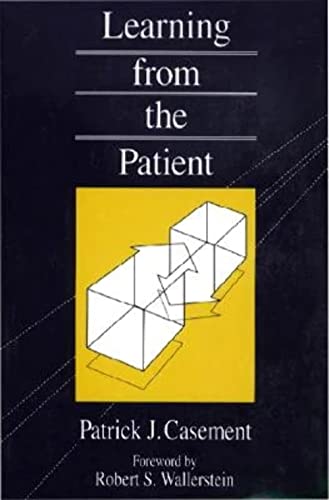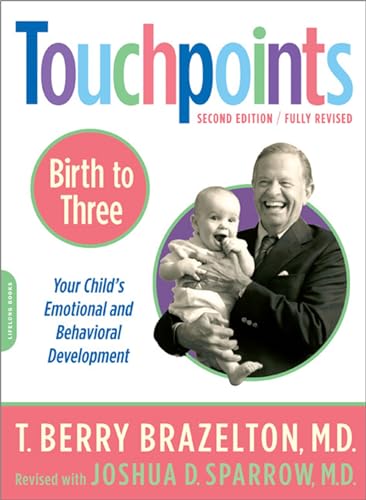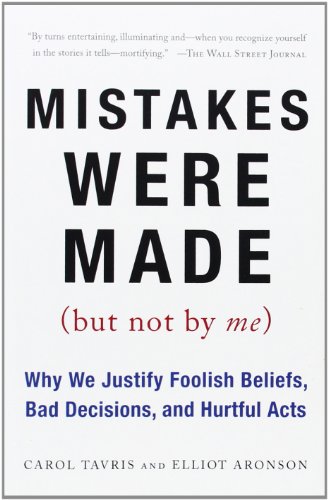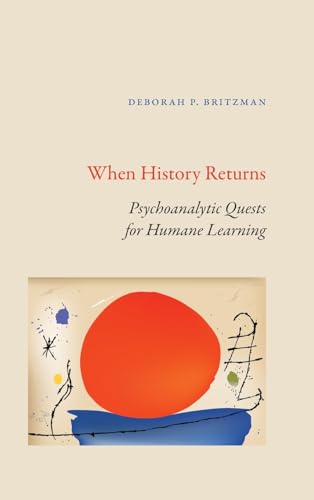
Author: Casement, Patrick
Price: $55.99
Category:Psychology & Counseling
Publication Date:1992-09-25T00:00:01Z
Pages:386
Binding:Paperback
ISBN:10:0898621577
ISBN:13:9780898621570
Throughout Europe, Patrick Casement’s work on the interactional aspects of the therapeutic process is well known and highly acclaimed. In Casement’s lucid treatise, LEARNING FROM THE PATIENT, everything in psychoanalytic theory and technique is up for questioning and for careful testing in the clinical setting; every concept used is explained and illustrated with clinical examples. The author offers an unusual openness about what really happens in the consulting room, including mistakes–his own as well as others’. The patient’s unconscious contribution to analytic work is fully illustrated. As a result of this approach, insight is arrived at with a rare freshness as theory is rediscovered in the consulting room. In the course of this volume, Casement develops some familiar concepts and evolves a number that are new, such as: internal supervision, a process in which the analyst/therapist explores the implications of various options during each session with the patient; trial identification with the patient, which encourages analysts and therapists to look at themselves as a patient might see them; and communication by impact, a graphic way of considering the various dimensions of projective identification. Others include the dynamics of containment, the communication of hurt, the pain of contrast, and unconscious hope. In Part I, Casement lays the foundation by establishing the first principles of psychoanalysis and psychoanalytic therapy, as well as those for the process of learning from the patient. In Part II, he more fully explores what emerges from this way of working. He discusses the importance of the analytic space and the need to keep it and the analytic process free from interference of any kind, including that of working style or theoretical bias. He makes a strong case for viewing the analytic process as an expression of the unconscious search for what previously was delayed and is now needed for healthy growth and recovery. Highly accessible, honest, and most of all helpful, this book offers profound insights and is a joy to read. It has much to offer all levels of readership–from students to experienced practitioners–in the disciplines of analysis, psychotherapy, child therapy, clinical psychology, counseling, and social work. It is therefore of interest for anyone in the helping professions and all those concerned with the dynamics of human relationships.






